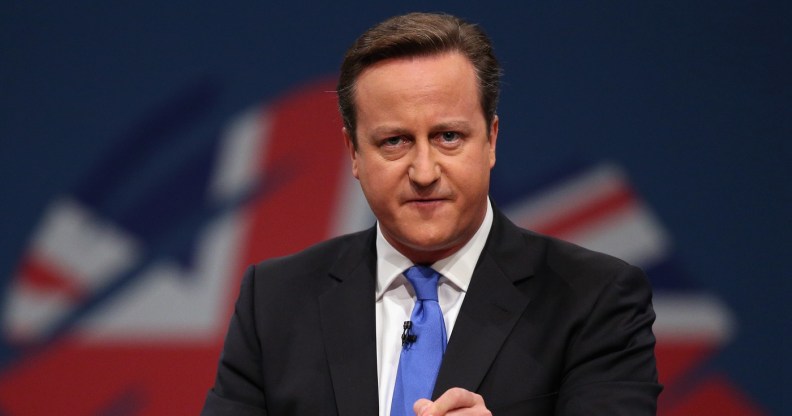The government is worried that too many young people are trying anal sex

The government has voiced concern that more young people are trying anal sex – as part of a push to regulate pornography.
The UK’s Department for Culture, Media & Sport, overseen by Culture Secretary John Whittingdale, is currently consulting on proposals to make age verification mandatory for online pornography.
The consultation document lists a number of alleged harms that have been linked to over-exposure to pornography – and one is quite surprising.
The DCMS states: “Many people worry that young people will come to expect their real life sexual experiences to mirror what they or their peers see in pornography, which often features ambiguous depictions of consent, submissive female stereotypes and unrealistic scenarios.
It continues: “There is also a question about the effect of pornography on ‘unwanted sex’ – for instance more young people are engaging in anal intercourse than ever before despite research which suggests that it is often not seen as a pleasurable activity for young women.
“While the increase in anal sex cannot be attributed directly to pornography consumption, it does feature in a large percentage of mainstream pornography (for example, one content analysis found it featured in 56% of sex scenes).”
The claim that young people should be dissuaded from anal sex has baffled many sex education advocates and campaigners, coming 49 years after sodomy was decriminalised, and 16 years after consent laws were equalised for gay sex.
Jerry Barnett from Sex & Censorship says: “The consultation is basically an attempt to grant Ofcom stronger censorship powers to block overseas adult content.
“The weakness of the evidence provided suggests that the government has given up even trying to make a credible argument for censorship, instead hoping that nobody pays attention as more and more power is granted to an unelected regulator.
“And the suggestion that it is somehow government’s role to prevent anal sex happening is surreal in the extreme. We call on DCMS to halt the consultation pending a review of the evidence; but we fear that a new and dangerous law to further censor Internet content will appear in the coming Queen’s Speech.”
Perhaps Mr Whittingdale could take a different approach:


